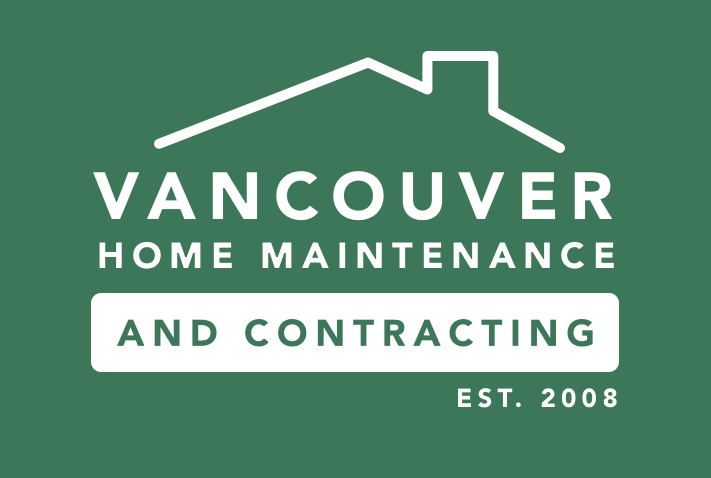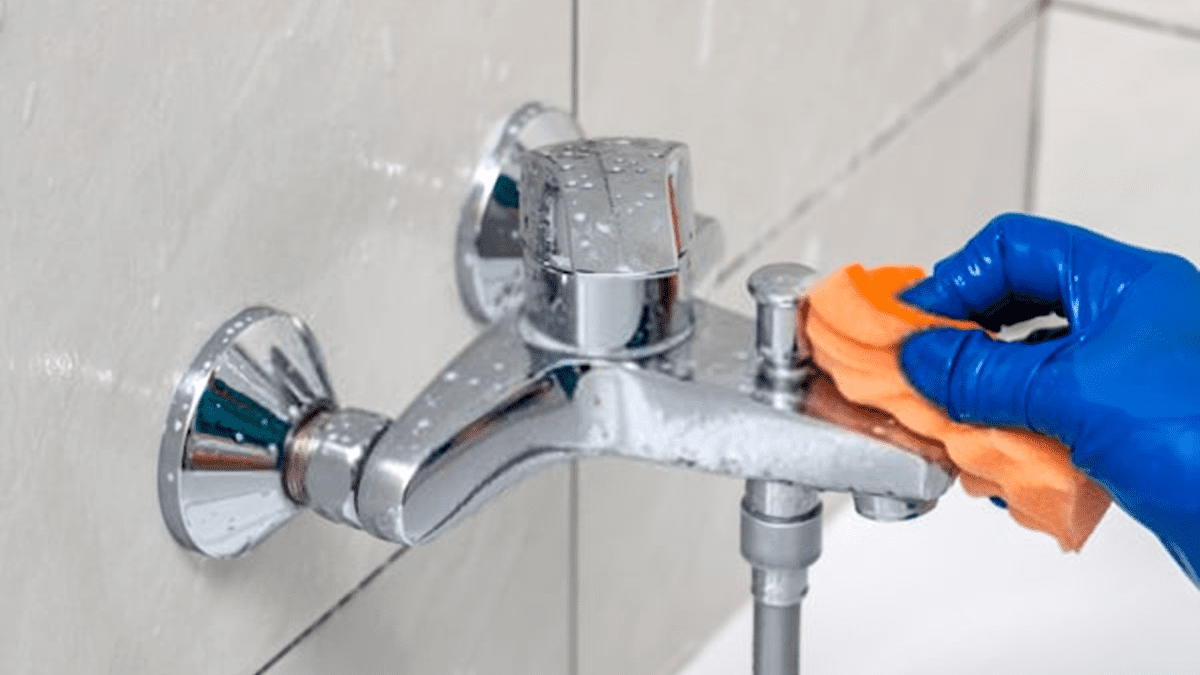How to Get Rid of Hard Water Stains

How to Clean Kitchen Cabinets
January 28, 2020
A Self Help Guide to Chimney Maintenance
March 9, 2020Hard water is the result of getting substantial amounts of minerals in your water, such as limestone, calcium, and magnesium. While it’s safe to wash and use, it can bring about issues to your plumbing and appliances, leave spots on your sinks and faucets, cause itchy or dry skin, and even cause you to be spending more on your water budget than necessary.
How can you get rid of hard water stains?
When it comes to cleaning away unsightly hard water stains, you will find 3 different methods to take them on:
1. Make an All-Natural Cleaning Solution
Combine equal portions of regular white vinegar and water in a spray bottle. Thoroughly spray the mixture on the surface — it’s completely safe to use on pretty much any surface other than wood. Wipe clean using a rag or towel, then buff with a clean cloth to have the glow you’ve been missing.
Tip: Let the vinegar sit on the hard water stains for 5-10 minutes before wiping clean to give the cleaner more time to break down the mineral residue.
2. Use a Commercial Cleaning Product
For health and environmental reasons, many people are choosing not to use common household cleaners found at your local home store, but if you choose to go this route, make sure you choose a cleaner with hydrochloric acid to get the task completed on tough stains. Remember this is a harsh compound, so be certain to wear gloves to protect your hands and that the area you’re in is well-ventilated. Then simply spray the cleaner on the seen surface, wipe away with a rag, rinse the face with warm water, and dry it.
Prevent Hard Water Stains
In many areas hard water is inevitable, but the stains it can leave behind do not have to be. To maintain the sparkle in your house, dry surfaces after each use, like after taking a shower or bath or splashing water in your kitchen when you’re doing the dishes. This will help to clean up the mineral deposits before they can dry and leave spots.
Even though you are able to wipe and clean the tough water stains all you need, it might still feel like a never-ending task. Consider adding a water softener system to your home to finally secure yourself both time and money, particularly when it comes to your plumbing.
What can I do about my plumbing and other home maintenance?
Hard water can clog pipes and cause them to malfunction, triggering expensive plumbing repairs. It also may reduce the efficiency and longevity of your water heater, and also increase the prices of heating water (that likely represents about 15 percent of your utility bill as it is).
Start by calling your water utility business and requesting a copy of the most recent water quality report. While accurate, do not forget that the numbers will reveal the hardness that’s evident as water leaves the treatment facility — not as it travels through your own faucet. In other words, it might consume more minerals on the way. But a report will supply a benchmark.
You can even buy a water hardness test kit from a home improvement store. The easiest test comes in the kind of paper strips, which you moisten and assess.
If you want to eliminate hard water and the stains it causes, get in touch with an expert to schedule a consultation and find out more about installing a water softening system to protect your pipes and house.
Message From This Post’s Sponsor
To help you enjoy life and have your finances help you reach your life goals, speak to fee-only financial planner, Bily Xiao. He is a Certified Financial Planner in Vancouver with a background at Microsoft and other tech companies. His Vancouver Financial Planner website has been cited on Forbes, Yahoo Finance and The Huffington Post for his financial expertise and is a member of the Financial Planning Association of Canada.



